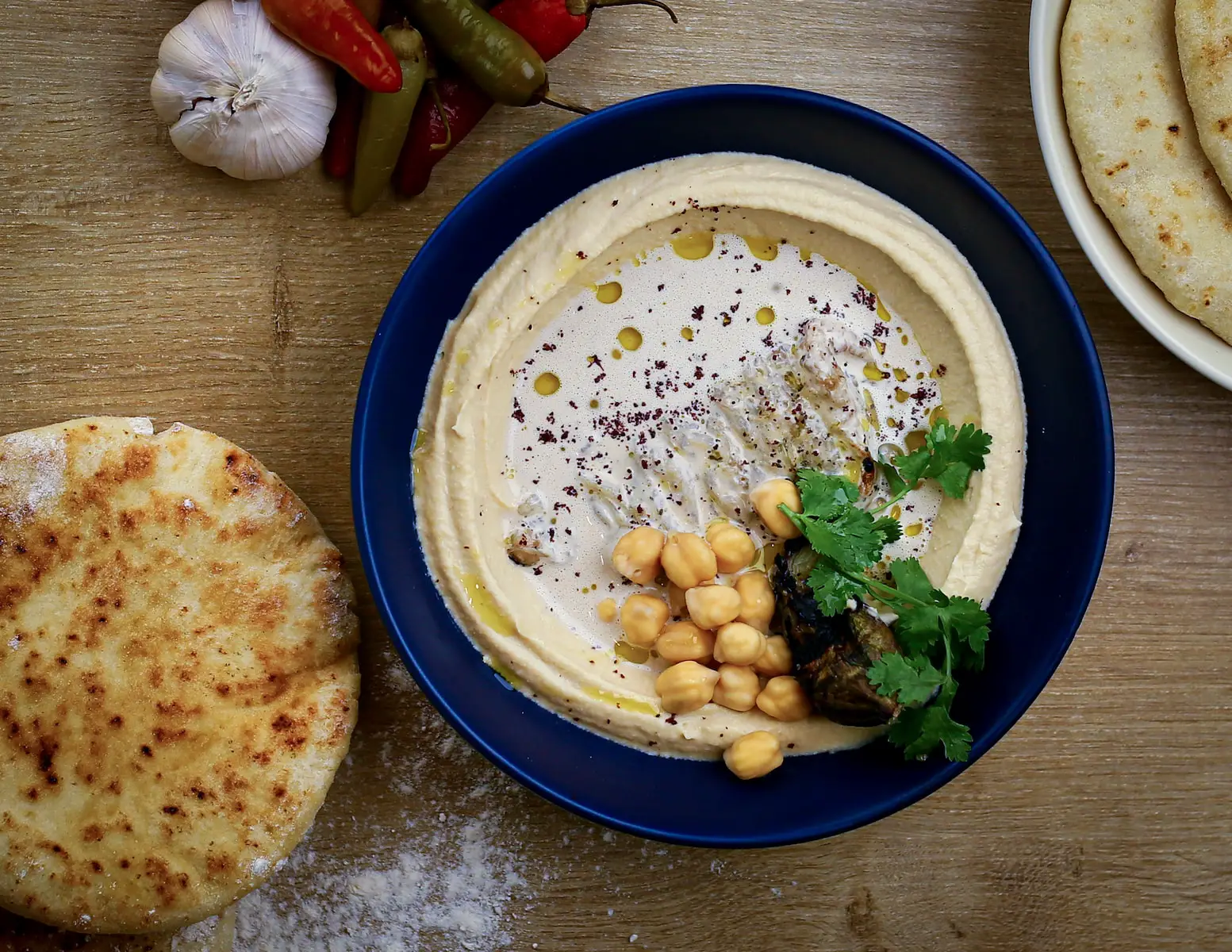Imagine yourself nestled in a charming cobblestone village, the salty air carrying the scent of olive groves and fresh herbs. Sunlight dances on a table laden with vibrant vegetables, glistening fish, and plump olives. This isn’t just a postcard-perfect scene; it’s a glimpse into the heart of the Mediterranean diet, a lifestyle that’s more than just a meal plan – it’s a celebration of flavor, community, and, as science increasingly reveals, exceptional health benefits.
A Symphony of Goodness:
The Mediterranean diet isn’t about strict rules or calorie counting. Instead, it’s a flexible, plant-based approach inspired by the traditional cuisines of countries bordering the Mediterranean Sea. Think of it as a symphony of delicious ingredients, each playing a vital role in the harmony of your well-being:
- Fruits and Vegetables: These colorful stars take center stage, offering a rainbow of vitamins, minerals, and fiber. Think sun-ripened tomatoes, leafy greens, bell peppers, and juicy citrus fruits.
- Whole Grains: Whole grains provide sustained energy and essential nutrients from nutty whole-wheat bread to fiber-rich quinoa.
- Healthy Fats: Olive oil, the crown jewel of the diet, reigns supreme, with its abundance of heart-healthy monounsaturated fats. Avocados, nuts, and seeds add their own creamy and crunchy fat content.
- Legumes and Beans: Lentils, chickpeas, and beans are protein powerhouses, offering a satisfying alternative to meat while boosting fiber and essential minerals.
- Fish and Seafood: Fatty fish like salmon and tuna, rich in omega-3 fatty acids, grace the table twice a week, while shellfish and white fish add variety.
- Moderate Dairy: Yogurt and cheese, sources of calcium and probiotics, are enjoyed in moderation, often as part of dips or sauces.
- Herbs and Spices: These fragrant allies not only enhance flavor but also possess potent antioxidant and anti-inflammatory properties.
A Feast for Your Health:
The benefits of this delicious approach extend far beyond satiating your taste buds. Decades of research have woven a compelling tapestry of health advantages associated with the Mediterranean diet:
- Cardiovascular Champion: The abundance of healthy fats, fiber, and antioxidants acts as a shield against heart disease, lowering bad cholesterol and blood pressure. Studies have shown a remarkable 25% reduction in cardiovascular risk for those embracing this lifestyle.
- Metabolic Maestro: The diet’s focus on whole grains, legumes, and fruits helps regulate blood sugar, making it a potent weapon against type 2 diabetes. Research suggests a 52% lower risk of developing this condition for those adhering to the Mediterranean pattern.
- Brain Booster: The symphony of nutrients supports cognitive function and memory, potentially reducing the risk of dementia and Alzheimer’s disease. Studies have shown positive associations between the diet and improved cognitive performance.
- Cancer Crusader: The antioxidant and anti-inflammatory properties of the diet’s ingredients are believed to play a role in reducing the risk of certain cancers, including breast and colorectal cancers.
- Mood Mender: The emphasis on fresh, seasonal produce, healthy fats, and social connection contributes to a positive mood and reduces the risk of depression and anxiety. Studies have shown a link between the diet and improved mental well-being.
- Weight Management Warrior: While not specifically geared towards weight loss, the focus on nutrient-dense, fiber-rich foods and mindful eating often leads to healthy weight management or easier weight loss efforts.
Beyond the Plate:
The Mediterranean diet isn’t just about what you eat; it’s about how you eat. Savor the ritual of shared meals with loved ones, engage in physical activity like leisurely walks or gardening, and prioritize mindful eating practices. Embrace the sunshine, both literally and figuratively, by finding joy in movement and appreciating the simple pleasures of life.
Embracing the Mediterranean Way:
Ready to dive into this world of flavorful wellness? Here are some tips to get started:
- Start small: Gradually incorporate more fruits, vegetables, whole grains, and healthy fats into your diet.
- Swap ingredients: Replace refined grains with whole grains, choose fish instead of red meat, and opt for olive oil in place of butter.
- Cook at home: Experiment with Mediterranean recipes and explore the vibrant flavors of the region.
- Make it social: Share meals with loved ones, engage in lively conversations, and savor the joy of connection.
- Enjoy the journey: Focus on the pleasure of eating delicious, healthy food and embrace the mindful approach to living that the Mediterranean diet embodies.
Remember, the Mediterranean diet is a lifelong journey, not a quick fix.
